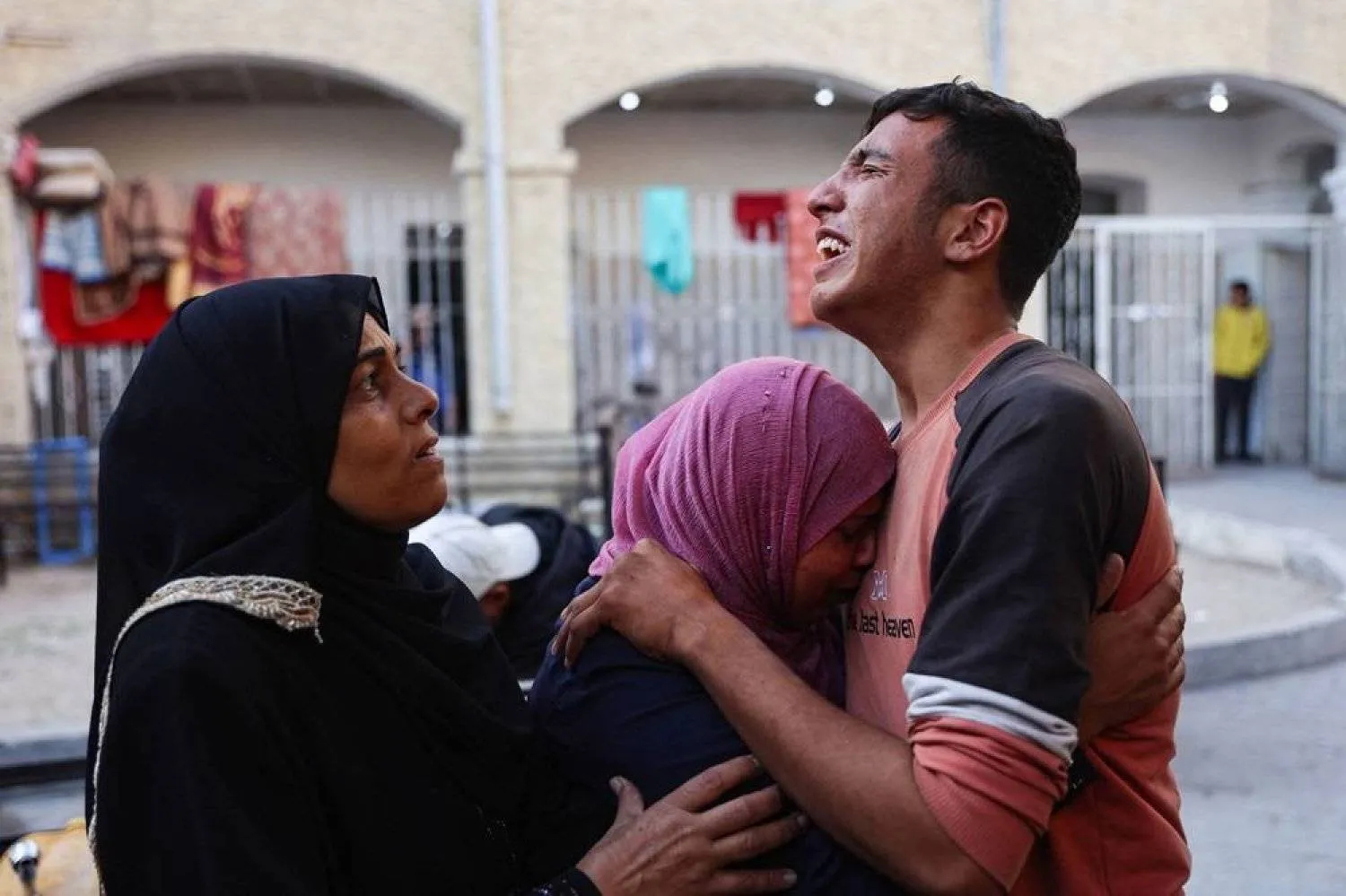Israel condemned the United Nations for what it described as "anti-Israel fabrications" after a UN committee said its warfare in Gaza is consistent with the characteristics of genocide.
"The UN is breaking its own record when it comes to biased reports, singling-out Israel and anti-Israel fabrications," the foreign ministry said late on Saturday.
The UN special committee said in a report that Israel was "intentionally causing death, starvation and serious injury" in the Gaza Strip, accusing it of "using starvation as a method of war".
But the ministry dismissed the accusations as "false claims".
"The... report is an appalling example of the transformation of the UN into an organization which is used as a pawn by terrorists who attack civilians in a democratic state," it said in a statement shared by spokesman Oren Marmorstein on X.
The UN committee had said "through its siege over Gaza, obstruction of humanitarian aid, alongside targeted attacks and killing of civilians and aid workers, despite repeated UN appeals, binding orders from the International Court of Justice and resolutions of the Security Council, Israel is intentionally causing death, starvation and serious injury".
Israel's foreign ministry, however, insisted its "activities are directed solely at dismantling Hamas's terror capabilities".
The United States, Israel's biggest supporter, rejected the UN committee's charges, which it said were "unfounded".
This is not the first time Israel has faced accusations of genocide, with a case brought before the International Court of Justice (ICJ) in December arguing its conduct in Gaza breaches the UN's Genocide Convention -- a claim Israel has strongly denied the accusation, according to AFP.
The Israeli ministry said it was Hamas which uses "civilians as human shields" and that Israel was not targeting the people of Gaza.
"Israel remains fully committed to facilitating the continuous flow of humanitarian aid to Gaza," the ministry added.
Aid groups, including UN agencies, frequently say they face major obstacles, particularly administrative problems, in carrying out their activities in the Palestinian territory, which is in the grip of a humanitarian crisis.
The report was prepared by a special United Nations committee, created in 1968 and tasked with investigating Israeli practices in the occupied Palestinian territories, after Israel took control of the West Bank and Gaza Strip a year earlier.
It is due to be presented to the UN General Assembly in New York on Monday.









